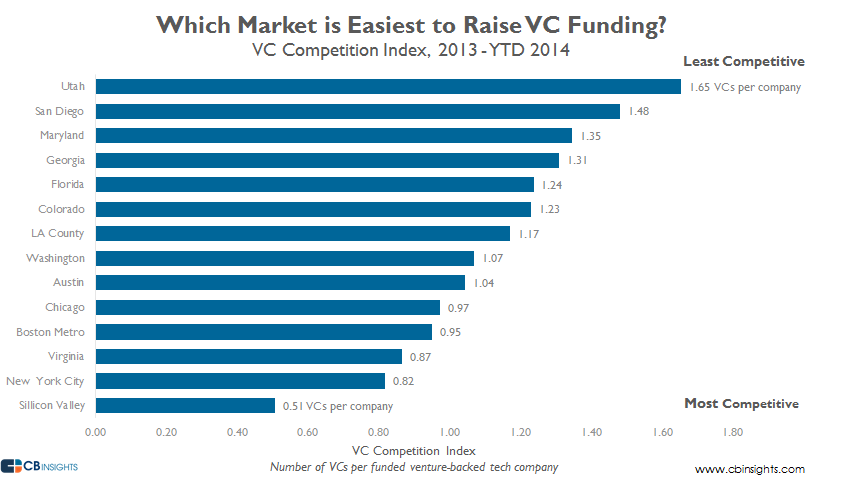I have been a believer in net neutrality for nearly 20 years. These days it seems there is a lot of differences of opinion on if it is a good thing or not. I believe that it is good. I believe this because the concept of non-discrimination is one of the core tenants that has made the Internet successful. If you don’t believe in net neutrality you believe in discrimination in an internet network sense. Discrimination is bad.
The Internet as we know it is based on the concept of non-discrimination. Non-discrimination can be generally thought of as meaning there is no difference between the price of transmitting packets based on the identity of the transmitter, the identity of the receiver, the application, or the content that a packet contains. You as a consumer subscribe to an ISP at some rate and they deliver packets to you according to your service plan. It does not matter if that packet contains a voice call, an email, an image, a video or the text of this comment. A packet is a packet regardless of the payload it contains.
Prior to 2005 Internet communications were subject to the same rules as common carrier telephone companies which included non-discrimination requirements. In 2005, in a move I believe was related to AT&T’s repurchasing many of the Ma Bell’s and Verizon hooking up with MCI, the FCC changed the classification of Internet access from being a telecommunication service to being an information service.
This changed opened up the door for ISPs to abandon non-discriminatory pricing and that is what ISPs want to do. ISPs not only want to charge you as a consumer to deliver packets to you. They want to charge the originator of the content a fee as well.
Where I lot of people get hung up, and ISPs want them to, is that they believe the content producer is getting a free ride. This is not the case. Content originators pay an Internet backbone provider, a commercial ISP, or some type of cloud service to move their content from the point of origination to the ISP that then carries the content to the termination point.
The FCC always has been and always will be involved in the governance of Internet access in the USA. What the FCC is currently proposing is reclassifying Internet services back to the same common carrier status that they had prior to 2005 (FCC fact sheet). I support this because the concept of non-discrimination is an important foundation of the success of the commercial Internet. If that foundation goes away the end result is going to be less choice, less competition, and higher prices for you and me.



